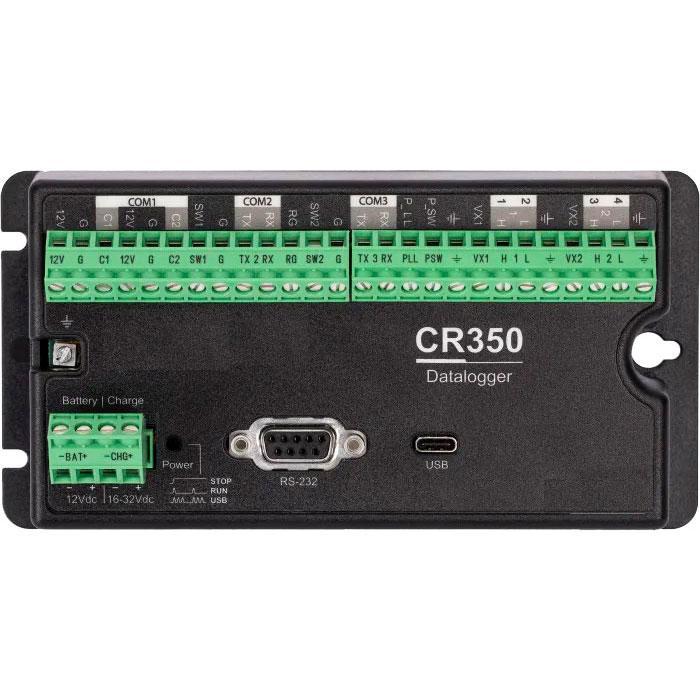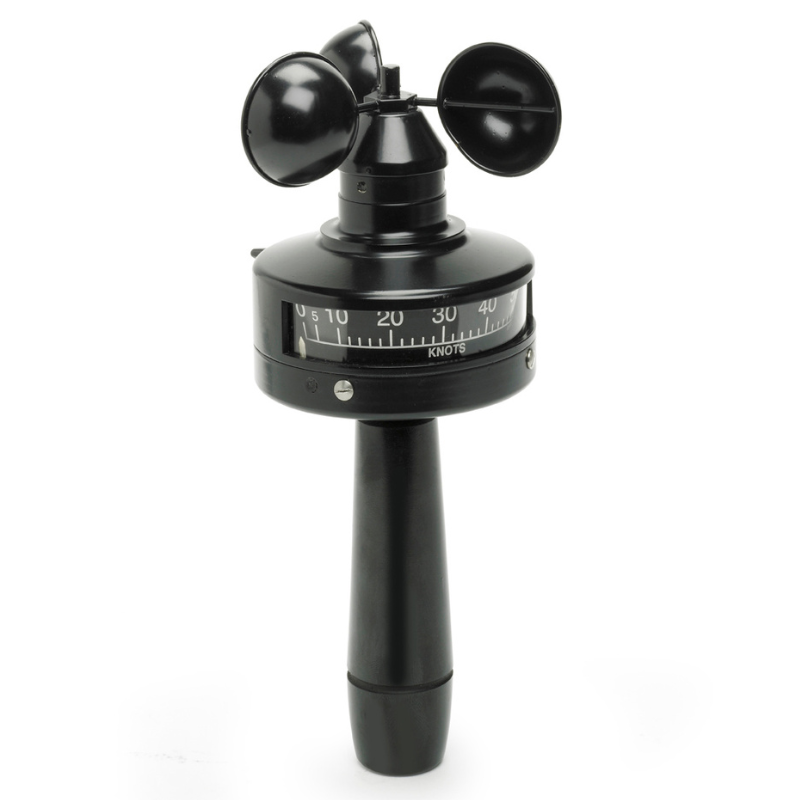A data logger is a device that records measurements over time. In agriculture, data loggers gather information on environmental conditions such as soil moisture, temperature, humidity, and more. Equipped with sensors, data loggers store this data in memory, which can be analyzed later to help make informed farming decisions.
But how exactly do they work? Imagine a mini-computer continuously monitoring the conditions around it. This data is then used to fine-tune various aspects of farming, from watering schedules to the timing of planting and harvesting.
The Role of Data Loggers in Agriculture
Data loggers are important in precision agriculture by constantly monitoring environmental conditions. They collect data that helps optimize processes like irrigation, soil health management, and climate control. This reduces resource waste, increases crop yield, and improves efficiency.
Data-driven decisions are revolutionizing agriculture by helping farmers avoid guesswork and rely on precise, real-time information.
How Data Loggers Aid in Precision Irrigation
One of the major challenges in agriculture is water management. With the use of data loggers, precision irrigation becomes a reality. They help farmers monitor soil moisture levels, preventing over-watering, which can drown roots, or under-watering, which stresses plants.
Data loggers can trigger automated irrigation systems, ensuring water is used efficiently and only when necessary. This not only conserves water but also optimizes crop health.
Soil Monitoring with Data Loggers
Healthy soil is the foundation of any successful farm. Data loggers provide crucial insights into soil conditions by measuring moisture, temperature, and nutrient levels. This allows farmers to understand when and where to fertilize, which areas of the farm might be at risk of erosion, and how to manage soil health over time.
By tracking these variables, data loggers help create healthier soil, leading to stronger, more resilient crops.
Climate Monitoring with Data Loggers
Weather has always been unpredictable, but data loggers help take the guesswork out of farming. By tracking temperature, humidity, and even wind patterns, data loggers provide farmers with valuable insights to make real-time decisions.
These devices are especially useful in protecting crops from unexpected weather events like frosts or heatwaves. By understanding climate patterns, farmers can implement strategies to shield crops from damage, leading to more consistent yields.
The Benefits of Using Data Loggers in Agriculture
Why should farmers invest in data loggers? Here are a few key benefits:
- Increased Yield: Accurate data helps farmers optimize every aspect of crop production.
- Reduced Resource Waste: By precisely measuring water and fertilizer needs, farmers can avoid overuse.
- Cost Efficiency: Although there’s an initial investment, data loggers pay for themselves by cutting down on wasted resources and improving productivity.







